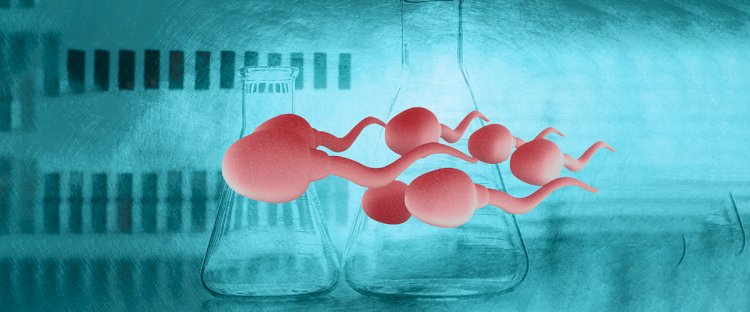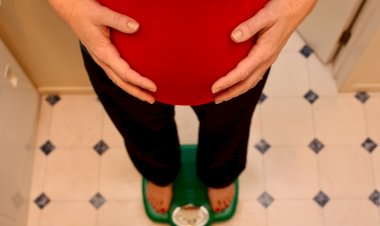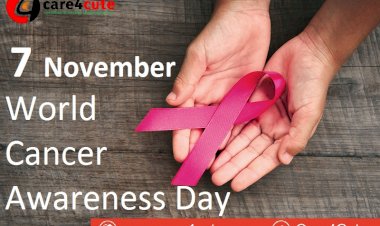Why is sperm donation needed?

Sperm donor
The process in which a man donates semen is called sperm donation. Semen is a fluid which contains sperm released at the time of ejaculation. It helps a couple to fertilize an egg and conceive a baby. Donated sperms are either fertilized with matured eggs in the lab or injected to woman’s reproductive organ. Usage of donated sperm is called third party reproduction.
Person doing the sperm donation may remain anonymous to the receiver. Donations made to a known recipient are known as direct donations. Before being a sperm donor, you need to get screened for your health conditions.
Why is sperm donation needed?
Sperm donor helps a couple to conceive a child. You may choose to be a donor to help those who fail to conceive such a woman whose male partner is infertile.
Risks involved
There isn’t any health issues involved with sperm donation.
Preparation to be a donor
If you want to be a sperm donor, it will have a long term effect on your life. When you are going for an anonymous donation, ask these questions to yourself:
1. Are you ready to be a biological father of someone you will never meet?
2. What if the child conceived may express the desire to meet you one day?
3. Do you want to tell your present family about your sperm donation?
Screening
The FDA requires fundamental screening for infectious diseases before you become a sperm donor.
Age: Most of the sperm donors should be between the ages of 18 to 39. Some sperm banks have the age limit of 34.
Physical examination: The examination includes blood and urine sample test for contagious diseases like HIV and herpes. If you are a regular sperm donor, then you will have to undergo these physical tests every 6 months.
Semen test: You need to provide samples of your semen. Make sure you abstain from ejaculation before giving your semen for at least 72 hours. The samples are evaluated to find out sperm quality, quantity as well as motion.
Genetic testing: A blood sample evaluates to find out if you carry any genetic conditions.
Medical history of your family: You may be asked to provide documents of your medical history up to two generations. It will reveal any hereditary diseases which may have occurred in your family.
Psychological assessment: You will be enquired whether you want to share your details with your conceived child. If you are donating the sperm to a known person, then you need to explain your relation with the receiver. If you require any counseling, then you will be provided with it.
Sexual history: You also need to submit your sexual activity history and any details which may affect your sperm donating action. If you have any risk of developing infectious disease, then reveal it. Explain your education, habits, hobbies and interest. You may also be asked to submit a picture of yours and an audio recording.
If all the tests are clear during the screening procedure, then you will be asked to sign the consent form. It is important that you read the form thoroughly before being the donor.
What to expect
1. Before going for donation, you will be asked to resist ejaculation either through intercourse or masturbation for 3 days.
2. The procedure is done at the bank. Just submit your sample in a sterile cup after masturbation in a private room.
3. Lastly, the samples are frozen and stored in quarantine for 6 months. They are tested again for infectious diseases.
If all the results are fine, then the sample is thawed and check for sperm quality, quantity and movement. Some sperm samples may get damaged during the freezing procedures. If your sperm meet the set standards, then you are chosen as a donor. Remember, there is a limit sperm banks put to the number of kids your sperm can be used to produce. However, every sperm bank has different limits and guidelines.
However, in case you are diagnosed with any medical condition, then you are immediately notified and referred to the right treatment along with counseling.
You can be a sperm donor to help the ones who are struggling to conceive a baby and get some compensation in return.

 Dr. Neelu
Dr. Neelu 



































Comments (0)